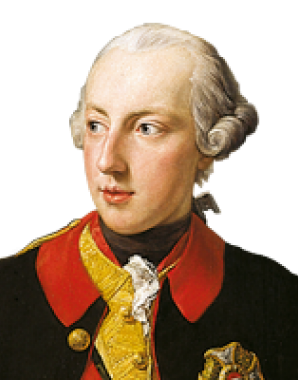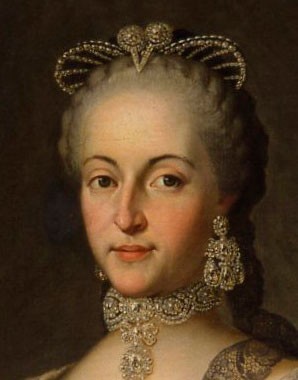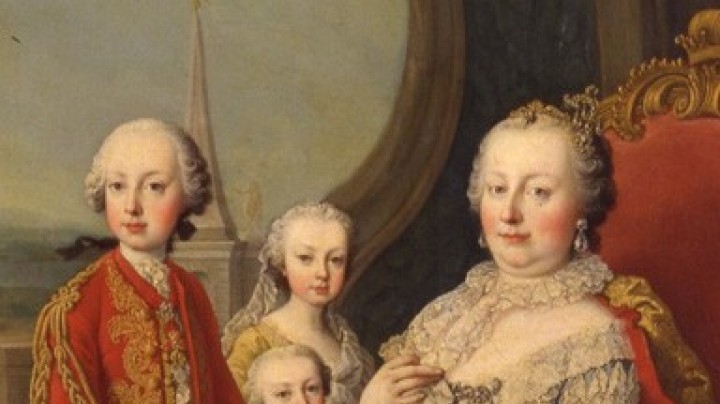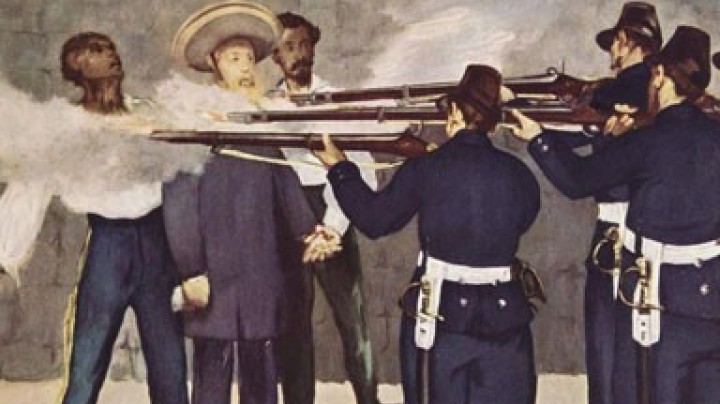The battle against smallpox
‘Throughout the world sixty out of a hundred people are afflicted with smallpox’, warned the philosopher Voltaire in 1734. In the time of Maria Theresa medicine began the battle against this epidemic disease.
Smallpox or variola, an infectious disease that was spread by droplets, for example as a result of coughing, was still a dangerous disease in the eighteenth century. Death or disfigurement beyond recognition were the consequences. Not even the Imperial household was spared the ravages of this epidemic disease. Maria Theresa contracted smallpox in 1767, and in the same year her daughter Josefa died of it. The two wives of Joseph II, Isabella of Parma and Maria Josefa, were also among the victims. Motivated by this painful personal experience Maria Theresa and Joseph II now concerned themselves with the introduction of smallpox vaccination in the Monarchy. The first vaccination trials were started in 1768, and as a result of these, four of the imperial children were cured. But contrary to all expectations vaccination remained extremely unpopular in the Monarchy, and particular in the provinces, ‘for the sole reason that here these utterly stupid peasants … listen to wise counsel in their goodness of heart’, ‘and then leave it solely to the further will of God’. But the negligence and dilettante behaviour of doctors also led to the frequent failure of smallpox vaccination. Out-of-date vaccines, failure to report to the Health Commission and the resulting costs, which had to be borne by the local authority of the principality, initially prevented the success of the campaign. The Health Committee in the city of Graz therefore proposed to offer appropriate incentives, through vaccination courses and a system of bonuses, to reward doctors who achieved a certain number of vaccinations. In Vienna this suggestion was rejected and an obligation was imposed: 20-30 children from orphanages and poorhouses in Graz had to be vaccinated at the expense of the Health Fund. With improvements in the vaccine and the associated prevention, together with stricter bureaucratic control, smallpox vaccination was gradually implemented across the Empire.
The first such vaccination programme took place in 1800 in Brunn am Gebirge.
















